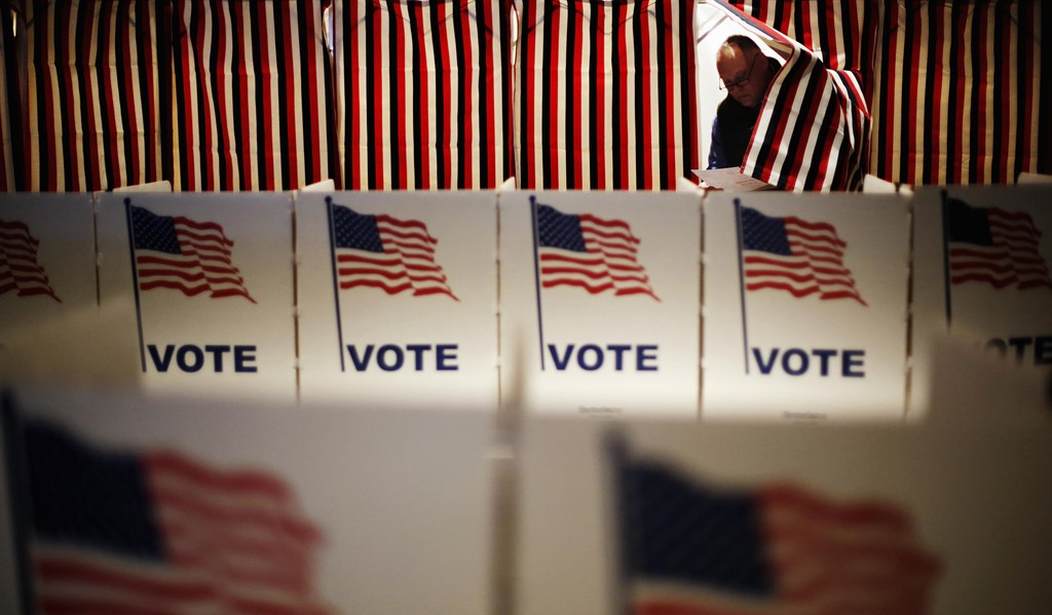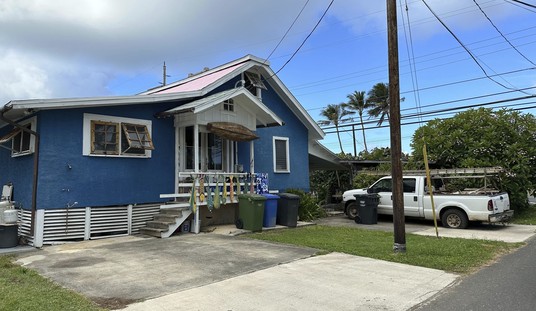Whatever it is, you’ve decided enough is enough. You know you can do better than the yahoos currently in office. You’re ready to run. You’re ready to change things.
And this decision to run for office is the most important one you’ll make. It’s the first step on the proverbial million mile journey that will be equal parts exhilarating, frustrating, challenging, and rewarding in ways you can’t imagine.
But what’s next?
The things you’ll need to do once you decide to run for office is seemingly never-ending, but here are three critical things to do before anything else that will increase your chances for success:
Sit down and write out the reasons why you’re running.
This first step is the most important to your campaign.
Full stop.
It sounds obvious and simple, but you’ll be surprised how hard it is to do.
Write out a clear message - ideally 300 words or less - about why you want to run and what you offer to the voters in your district. Avoid slogans and catchphrases; nobody cares about those and every candidate will say they “love [fill in community name here]” and want to “support public safety” and have “good schools,” blah, blah, blah.
Instead, distill the reasons you want to run into a tight statement of plain, simple, everyday English. A clear statement of purpose is a powerful tool, and as with most things, thinking about what you want to do before you start trying to do it will save a lot of time, money, and heartache down the road.
So do yourself a favor and really think about what it is you want to do and how you plan to do it. Articulate your reasons for running before you get started and you’ll find it will guide your choices and be a touchstone for your effort.
Recommended
Identify your base.
Who’s going to vote for you? Seems like a basic question for a politician to answer, but you’ll be surprised how few first-timers actually think about where their votes will come from on Election Day.
Are you involved with the local schools? Are you a well-known sports coach? Prominent businessman? If you are any of these things, you have a ready-made base of people you can speak with and who will help get your campaign off the ground.
And if you aren’t any of these things, then find something and get involved in it. Every city has organizations that are looking for volunteers. Dive in. It doesn’t matter what you choose.
For example, my city of Hermosa Beach has a very active group of parents who are constantly fundraising for the local schools, which means there are always opportunities to meet new people and participate. More often than not, the things you do to build goodwill and grow a base in your community will be rewarding and really fun, too.
Decide how much money you need and have a plan to raise it.
A famous California politician once said that money was “the mother’s milk of politics.” He was right. Unless your last name is Schwarzenegger, Whitman, or Steyer, eventually you’ll need to ask other people for money to finance your campaign.
So before you get started, sit down and work out a campaign budget. Look at the filings for prior campaigns in your district and see what successful (and unsuccessful) candidates spent in their races. This will give you a realistic idea of what your fundraising goal should be and how much time and effort you’ll need to meet it.
A good first step is to find out what the maximum legal contribution is for your race (for example, Hermosa Beach has a max contribution of $250 per person/per election cycle) and make a list of 50 people you can call who will make a “max” contribution. Call those 50 people and ask them for money. Your success with them is likely a good barometer of how successful you will be with others.
Or, as a grizzled old political wonk once told me when I was campaigning, “If people are willing to give you their money, it’s a good bet they’re also likely to give you their vote.”
Patrick "Kit" Bobko is a former two-term Mayor and City Councilman of Hermosa Beach, California and the author of "Nine Secrets For Getting Elected" available on Amazon. Kit is a graduate of the United States Air Force Academy and a proud Air Force veteran. He currently practices law in Los Angeles.

























Join the conversation as a VIP Member